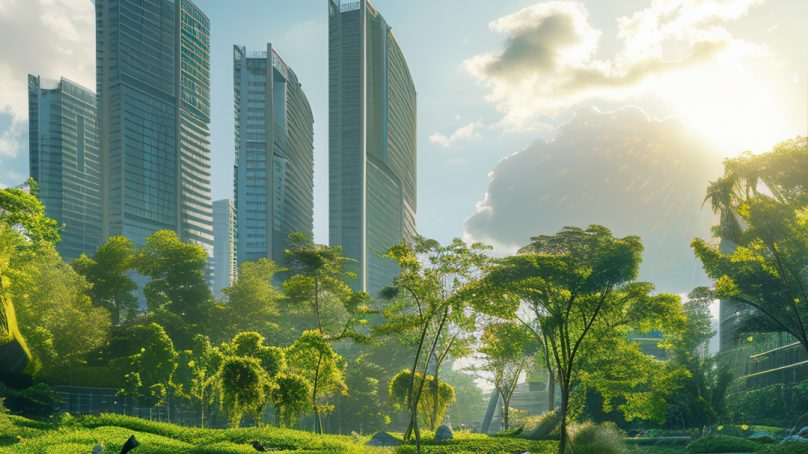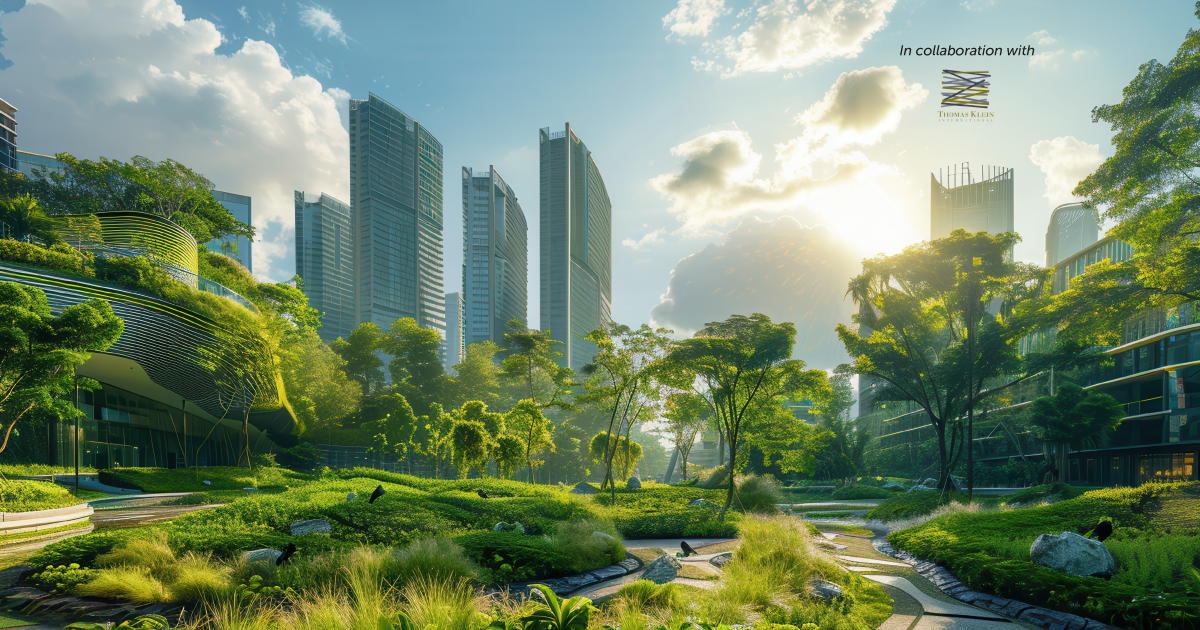
We all love to travel, don’t we?
But are we really aware of the impact that our ‘pleasure’ traveling has on our environment and on the lives of our children?
Tourism is globally responsible for about 8 percent of the world’s carbon emissions, according to Sustainable Travel International, a nonprofit organization that aims to protect and conserve the planet’s most vulnerable destinations by working on the impact that tourism has on nature and people. The figure becomes easier to comprehend, when you think that a simple return flight from Dubai to Paris generates 2.2 tons of carbon. Compare that with the 10 tons an average household generates in a year and you have used 22 percent of your yearly household allowance in a six-hour flight.
A green mindset
But sustainable tourism goes well beyond being ‘green’ and ‘sustainable’ and ‘eco-friendly.’ It spans from the seashells we pick up from the beach and take home, to the water bottle caps that fall out of our pockets and remain in the sand. It is the impact that Airbnb has on the price that local residents pay for the monthly rental of the place where they live or the increased price of fresh seafood that residents are forced to pay during the tourist season.
A couple of years ago, while planning a trip to Colombia, I came across a site on Instagram named ‘Untraceable.’
I contacted them to ask whether they could help me organize my travel plans and we have remained friends ever since. Their idea is that tourists (and tourism in general as a consequence) should leave no traces of their visit once they return home. ‘Only your footprint on the sand’ were the words of Samuel Mejia, Untraceable’s owner and operator. And this is my point.
In its February 19th edition, Medium described eco-innovations in the travel and hospitality sector as ‘more than just a trend.’ Today’s travelers, it added, aren’t simply looking for a place to stay, but are seeking sustainable experiences that align with their values. And hotels the world over are responding with innovations that range from photovoltaic glass facades to zero-waste policies and farm-to-table dining.
Going green beyond the obvious
One of the first things that comes to mind when thinking of the UAE is their Green Certification. Spearheaded by HH Sheikh Mohamed bin Rashid as a requirement for all new buildings almost 20 years ago, this initiative is today incorporated into the fabric of designers, builders and operators alike. However, being green is about far more than obtaining a certificate; it’s about breathing green, talking green and acting green in every aspect of our lives, making an effort to be “greener” every day. It is a mindset that rules not just how we design a building, but how we operate it minute on minute, every day.
Water conservation – conserving water is not just about implementing lowflow toilets and faucets, or aeriated showerheads. It is about training staff and changing the mentality of the teams that clean the rooms, for example. A low-flow toilet will not save you water if your staff flush the toilet five times during cleaning. Equally, dishwashers that are programmed to minimize water usage are only effective in saving water when and if used properly.
Ginox, a Swiss refrigeration and hoods manufacturer, for example, has developed a self-washing hood that uses enzymes to clean the filters from grease and fat, then uses enzymes again to clean the water that has rinsed the filters. What to do with that used water is in the hands of the operator – perhaps it could be used to flush toilets – but Ginox claims it is even safe to drink.
Energy efficiency – energy-efficient lighting, heating and cooling systems can minimize energy consumption if staff also switch off the lights when they go home. Or perhaps you are prepared to turn off the spotlights on your façade and signage after a certain hour. Again, a mindset, a ‘modus vivendi.’
Sustainable materials – we pledge to design hotels and restaurants specifying only sustainable materials. Whether the investor/developer or the builders decide to comply with our specifications or whether they seek alternative, nonsustainable, cheaper materials, remains their choice and responsibility. Certainly, however, these choices are a reflection of their commitment – or not – to a sustainable future.
Responsible green profitability vs. greed
Whatever steps you decide to take – paying a premium for highly technological equipment such as a phoyovoltaic façade, to save water or energy, filtering and bottling your own water, (thus saving plastic and transport) or introducing initiatives to treat your waste – it is no longer about saving money in the longer term. Neither is it about whether you answer to an ever more demanding, eco-driven, green clientele or you turn away the opportunity.
Rather, it is about whether you are a responsible, self-critical and self challenging individual who cares for the world you leave to the next generations, or whether you just look at today’s profits. Yes, you are operating a business and businesses need to be profitable. But there is a difference between responsible profitability and greed, between a responsible return on investment and deforesting, over-chilling, over-heating and over-lighting, simply for show. A show that, in the current context, will not last that long.
Those choices, my dear hospitality colleagues, remain yours to make.
Principal and managing director
Thomas Klein International
thomaskleingroup.com
@thomaskleingroup















